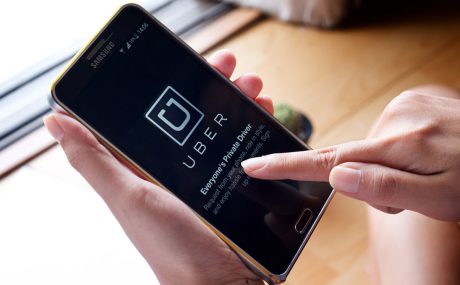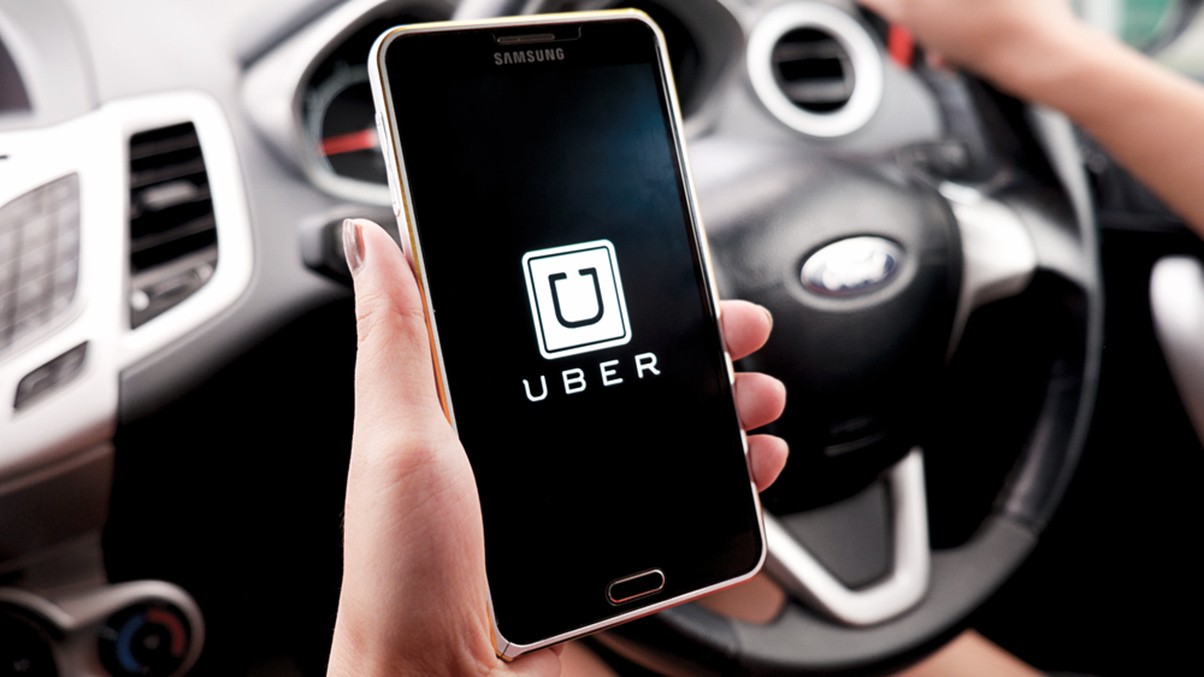On Friday, 19 February 2021, Uber lost its long-running battle to defend its claim that its drivers were self-employed with a defeat in the Supreme Court. Lord Leggett declared that Uber drivers are workers because they had no say in contract terms, and the company set fares, constrained ride requests and could terminate drivers.
Joseph Lappin and Charlie Thompson review the decision and consider its legacy for the gig economy 12 months on.
Charlie predicted in the immediate aftermath of the judgment that “other gig economy business and workers will take notice and we may see a spike in claims, but because every employment case is decided on its own facts, we will still see arguments that a business should not be treated like Uber”.
In 2022, reports suggested that both Uber and Deliveroo would fail the majority of five EU tests to determine if staff are self-employed. Ludovic Voet, Confederal Secretary of the European Trade Union Confederation, has argued that “Europe’s biggest platform companies should be considered employers. If the proposed directive does not ultimately apply to large platforms which clearly act as employers, what would be the purpose of this directive?”
UK gig economy lawsuits post-Uber
In the UK, Addison Lee lost a similar case in April 2021 after the Court of Appeal dismissed the company’s appeal against an Employment Tribunal ruling that drivers were employees entitled to benefits, including national minimum wage. The cab and courier company argued that their drivers were self-employed independent contractors. They unsuccessfully sought to differentiate their case from Uber’s based on differences in the terms and conditions of contracts with drivers.
Gig economy claims can quickly grow into major concerns for large businesses. In late 2021, one driver who delivered parcels for Amazon launched legal proceedings to seek employee status and corresponding compensation. As of January 2022, nearly 400 more drivers have joined the claim. Some drivers have also brought claims against service providers that partner with Amazon, adding an additional layer of complexity. The delivery giant could be liable to pay out millions of pounds if the case follows the same path as Uber’s legal battle.
Online estate agent Purplebricks has also come under fire. Contractors for Justice announced in October 2021 that it was bringing a claim on behalf of more than 2,500 property agents they believe are effectively employees. Purplebricks has argued that contracts with agents make it clear that they are “running their own business”. If either of these cases reaches court, they will be dealt with based on their unique characteristics, even with the precedent of Uber looming large.
What might happen in future cases?
Charlie comments: “Whenever someone is treated as self-employed, there is a risk of an allegation that they are entitled to the statutory rights of an employee or a worker. Therefore, the only way for a company to be certain about an individual’s legal status is to treat them as an employee. This is unacceptable or inappropriate for many businesses, so they choose to live with that risk, and structure the working relationship accordingly.
“Because the rights ‘won’ in cases such as Uber amount only to national minimum wage and paid holiday, a claim brought by one individual does not amount to much financially, especially when weighed against legal fees and the risk of losing the case. There is, therefore, often limited incentive for individuals to take a stand. However, in cases like this, businesses can be put under pressure where a large number of staff join forces and bring their claims together.”
You can find further information regarding our expertise, experience and team on our Employment page.
If you require assistance from our team, please contact us.
Subscribe – In order to receive our news straight to your inbox, subscribe here. Our newsletters are sent no more than once a month.






